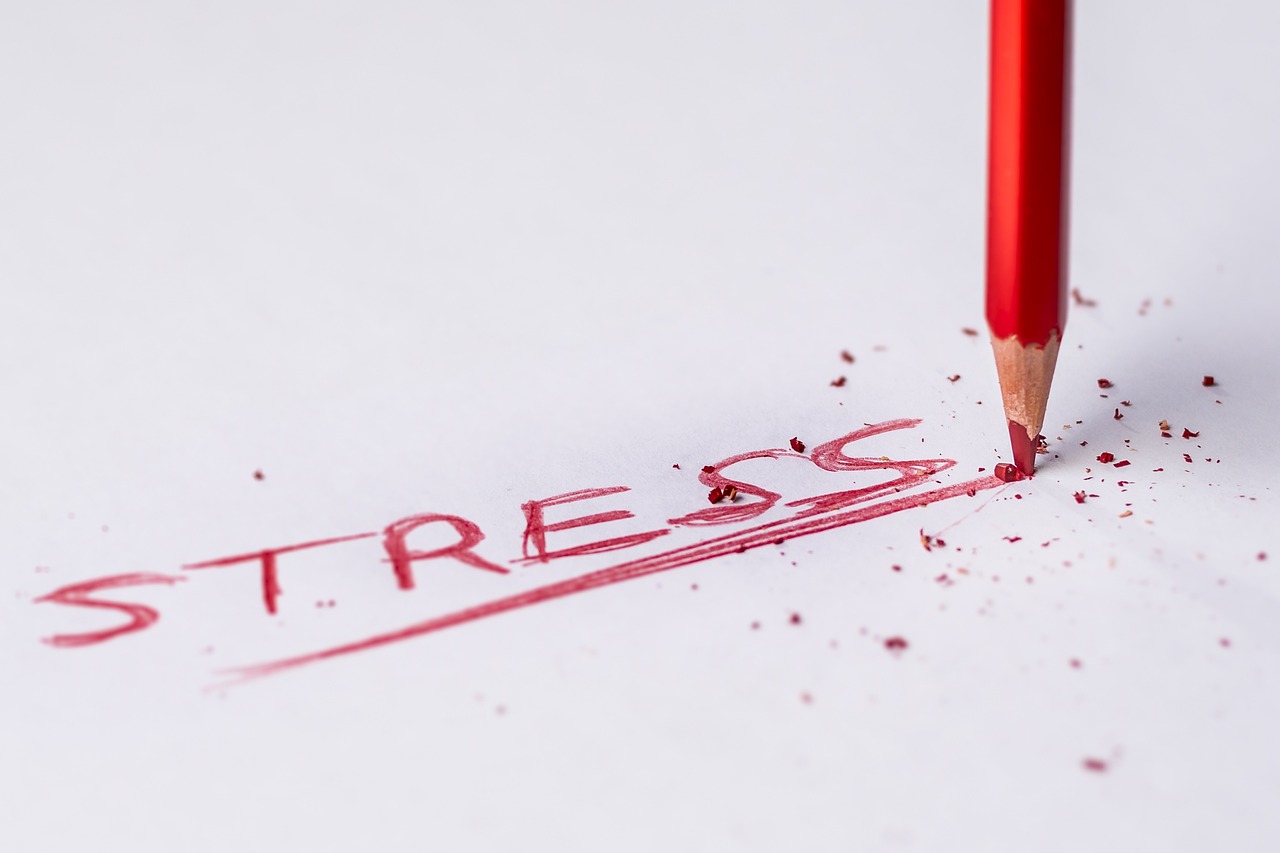In today’s fast-paced world, stress has become a common companion for many. Whether it’s the pressures of work, personal responsibilities, or the constant connectivity through technology, stress levels are soaring. While some stress is natural, chronic stress can wreak havoc on both your mental and physical well-being. Managing stress is no longer a luxury but a necessity for maintaining a healthy and balanced life. Fortunately, there are numerous techniques to reduce stress and bring tranquility back into your routine. By incorporating mindful practices, exercise, effective time management, and other strategies, you can regain control and create a calm, fulfilling lifestyle.
Recognizing the Signs of Stress
Before you can effectively manage stress, it’s essential to recognize the signs early. Stress manifests in both physical and mental forms, and identifying these symptoms is the first step toward managing them. Physically, you may experience headaches, tension in the neck and shoulders, or an upset stomach. Mentally, stress often presents itself as anxiety, irritability, or difficulty concentrating. When these symptoms appear, it’s vital to address them immediately. Ignoring stress can lead to burnout, affecting your emotional and physical health in the long term. By identifying the signs early, you can take proactive steps to bring balance back into your life.
Mindfulness and Meditation: Tools for Tranquility
Mindfulness and meditation are two powerful tools that can significantly reduce stress. Mindfulness, the practice of being fully present in the moment, helps you detach from the overwhelming thoughts that often fuel stress. It encourages you to experience life as it unfolds, without judgment or distraction. Meditation, on the other hand, offers a structured way to quiet the mind. Regular practice of mindfulness or meditation can lower cortisol levels—the primary stress hormone—and promote a sense of calm. These techniques can be easily incorporated into your daily routine, whether through guided meditation apps or short mindfulness breaks during the day. By committing to just a few minutes each day, you’ll begin to experience reduced stress and an improved sense of well-being.
Physical Activity as a Stress Reliever
Exercise is a time-tested method of reducing stress, and its benefits are well-documented. Physical activity boosts endorphins, the body’s natural mood enhancers, while simultaneously lowering cortisol. Whether it’s a brisk walk, yoga, or high-intensity workouts, moving your body helps reduce the intensity of stress. Regular exercise also improves your ability to cope with stress, as it enhances resilience and provides an outlet for frustration. Incorporating physical activity into your routine doesn’t have to be time-consuming—find something you enjoy, and it will naturally become a stress-relieving habit. The more consistent you are, the better equipped you’ll be to handle life’s stressors.
Time Management: Creating Space for Calm
One of the primary culprits of stress is poor time management. Feeling overwhelmed by tasks, deadlines, and responsibilities can trigger anxiety and frustration. To regain control, start by prioritizing your tasks. Identify what truly matters and delegate or postpone less critical activities. Breaking large tasks into smaller, manageable chunks can prevent you from feeling swamped. Use tools like calendars, task lists, or productivity apps to stay organized. Setting aside time for breaks is just as important; giving yourself permission to rest allows your mind to recharge. By mastering time management, you can create a sense of order that alleviates unnecessary stress and brings calm to your day.
Healthy Nutrition and its Impact on Stress
What you eat directly affects how you feel. A diet high in processed foods and sugar can lead to energy crashes and increased stress levels. On the other hand, a balanced diet rich in whole foods can support your body’s ability to handle stress. Foods high in omega-3 fatty acids, such as salmon and walnuts, are known to reduce inflammation and promote brain health, which helps in stress management. Additionally, complex carbohydrates like whole grains can stabilize blood sugar, preventing mood swings that contribute to stress. Don’t forget to stay hydrated—dehydration can exacerbate feelings of fatigue and irritability. By nourishing your body with the right foods, you provide it with the fuel needed to cope with stress more effectively.
The Importance of Sleep in Stress Management
Adequate sleep is crucial for managing stress. When you don’t get enough rest, your body’s ability to recover from daily stress is compromised. Lack of sleep increases cortisol levels, making you more susceptible to anxiety and tension. Aim for 7–9 hours of quality sleep each night to give your body the time it needs to heal and recharge. Create a relaxing bedtime routine, avoid caffeine late in the day, and keep your sleep environment cool and dark to improve sleep quality. By prioritizing sleep, you give yourself the best chance at managing stress effectively and maintaining overall health.
Building a Support System
Humans are social creatures, and building a strong support system is vital for stress management. Whether it’s family, friends, or coworkers, having a network of people to lean on can provide emotional relief during stressful times. Talking to someone you trust can help you process your emotions and gain perspective. Additionally, spending time with loved ones can boost your mood and create feelings of safety and connection. Make an effort to cultivate relationships that are supportive and positive. A solid support system will not only help you manage stress but also offer a sense of community that enhances your overall well-being.
Summary
Managing stress is essential for leading a healthy, balanced life. By incorporating techniques such as mindfulness, physical activity, proper time management, and nutritious eating habits, you can reduce stress and foster a sense of calm. Remember, stress is a natural part of life, but how you respond to it determines its impact on your overall health. Make these techniques a regular part of your routine and watch as your ability to cope with life’s challenges improves. With the right strategies, you can create a peaceful, fulfilling life, no matter how busy your days may be.
Please like, comment, and share this article if you found it helpful and
informative.
For more news check out Big Town Bulletin News
For more from Big Town Bulletin check out Big Town Bulletin
Please like, comment, and share this article if you found it helpful and
informative.
For more news check out Big Town Bulletin News
For more from Big Town Bulletin check out Big Town Bulletin


